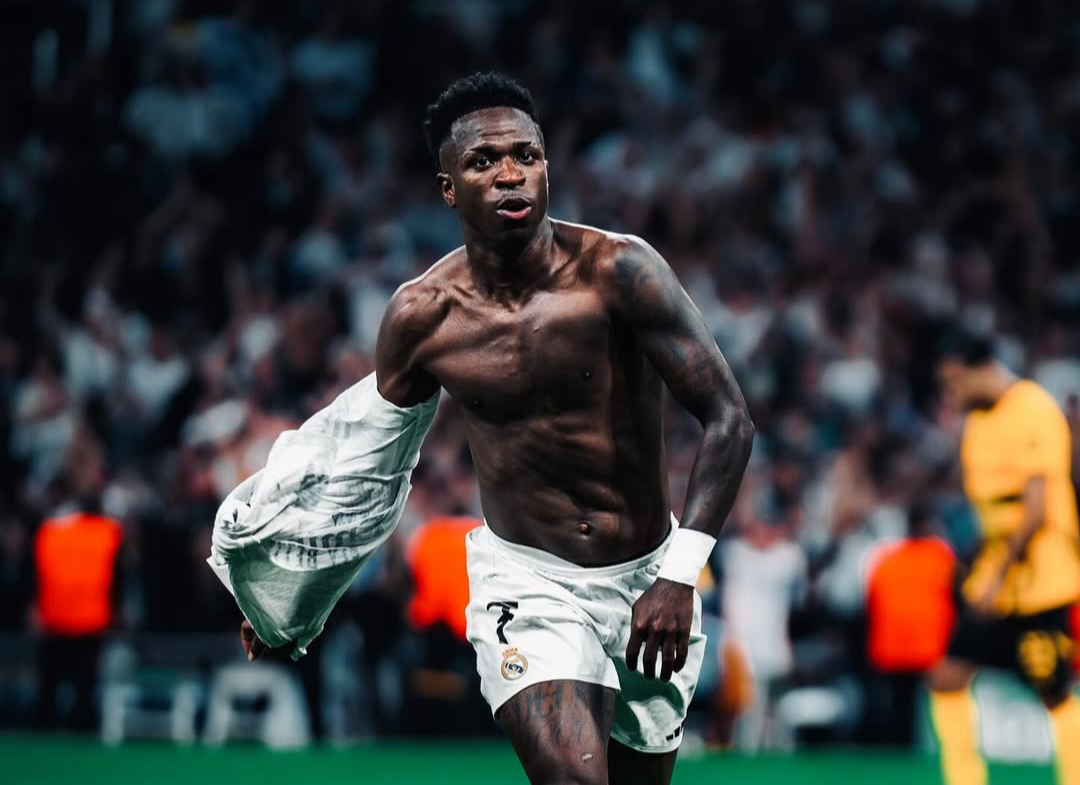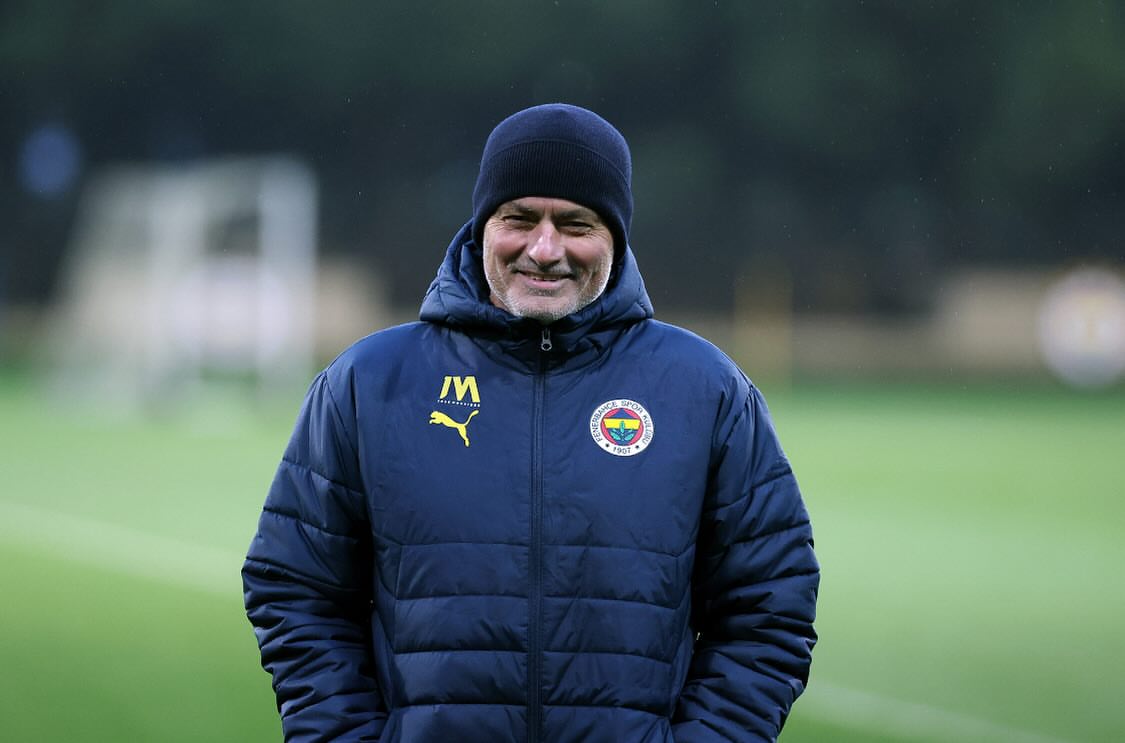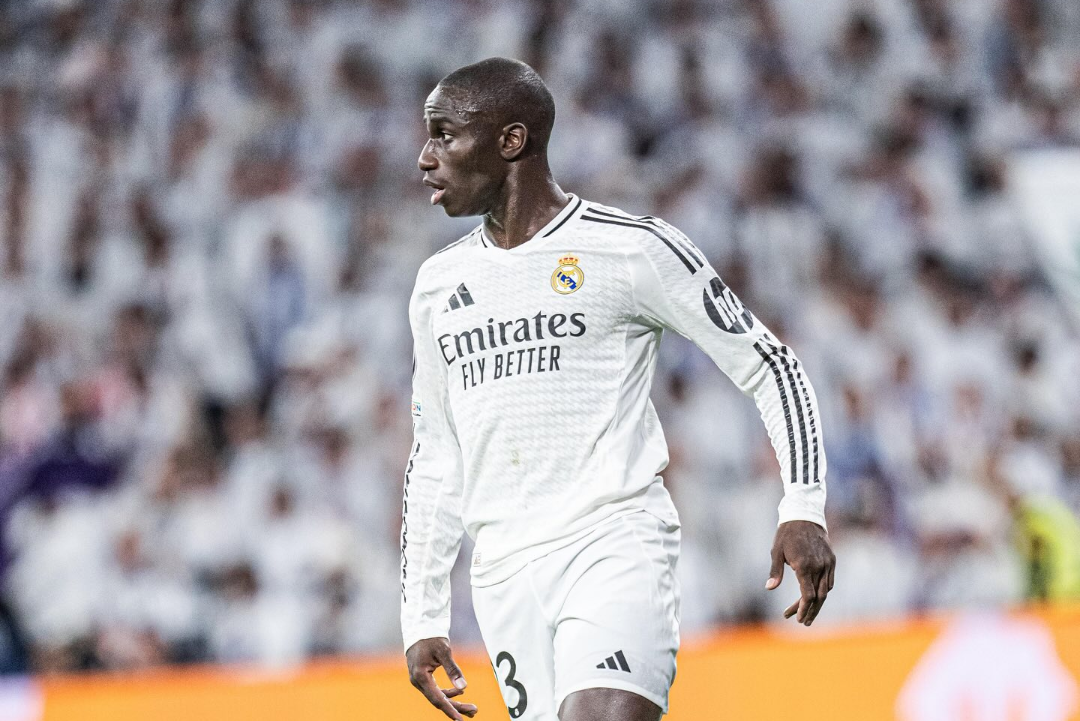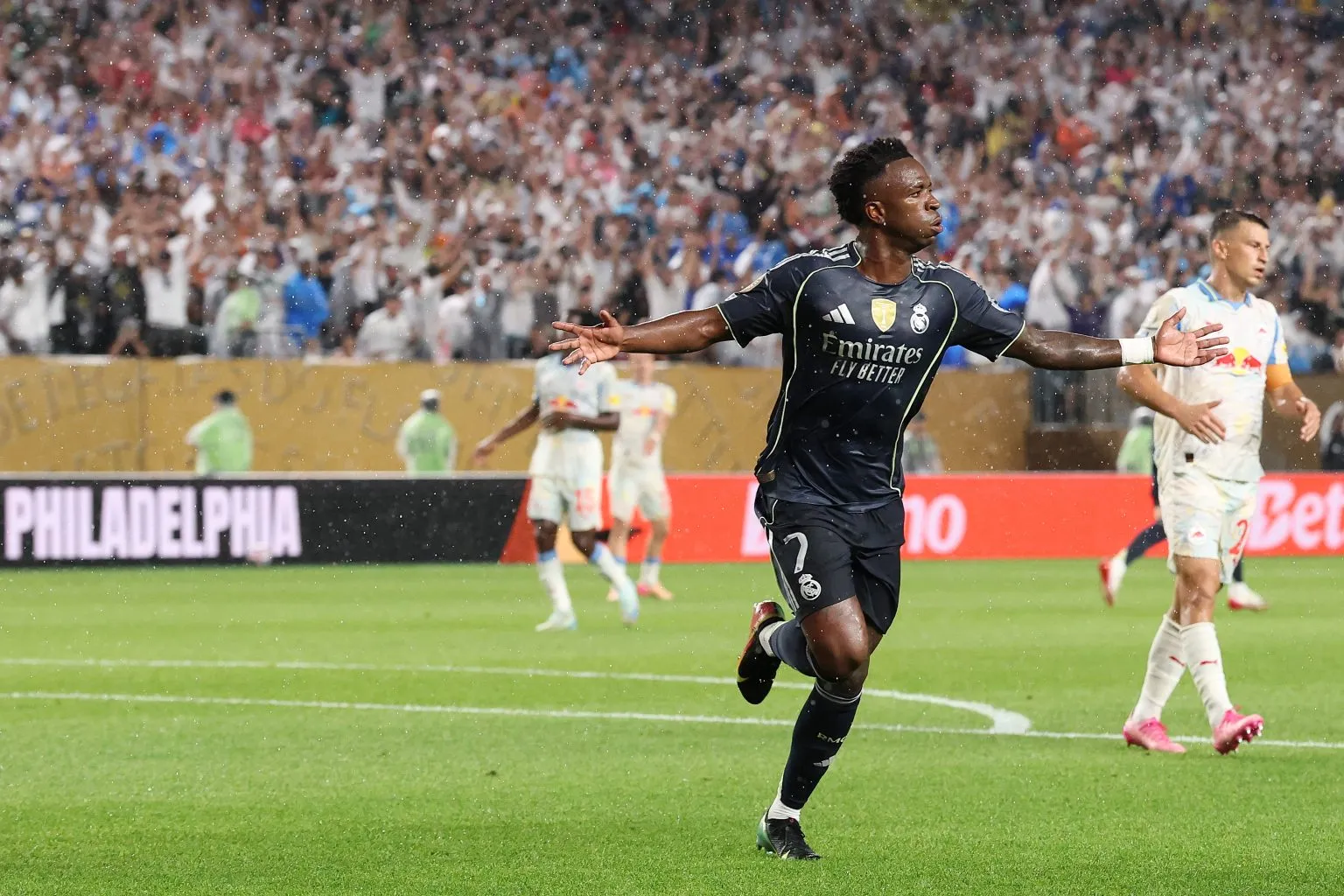Valencia are evaluating legal options following the release of “Baila, Vini,” a Netflix documentary chronicling Real Madrid star Vinicius Junior’s career and experiences with racism in Spanish football. Club lawyers are thoroughly examining whether the film damages the reputation of Valencia, its fanbase, or its Mestalla Stadium as per Mundo Deportivo.
Documentary Under Legal Review
The recently premiered “Baila, Vini” highlights pivotal moments in Vinicius Junior’s career, with significant focus on the May 2023 match at Mestalla Stadium. During this controversial fixture, Vinicius reported racist abuse from certain spectators, causing the referee to halt play while the Brazilian winger identified an individual to officials. After the match resumed, Vinicius received a red card and faced additional chants from sections of the crowd.
In post-match comments, Real Madrid coach Carlo Ancelotti claimed the entire stadium had directed racist slurs at Vinicius. Though he modified this statement during the same press conference, Ancelotti waited two days before publicly clarifying that only a small group was involved, not the entire crowd. His initial broad accusation garnered worldwide attention and triggered various anti-racism initiatives.
Also Read: Mbappé and Vinicius under pressure as Real Madrid fans voice discontent
Valencia’s legal department now scrutinises whether the documentary incorrectly implies that racism pervades the club or its supporter base. The club maintains that fans were actually chanting “tonto, tonto” (meaning “idiot, idiot“) rather than “mono, mono” (“monkey, monkey“) as the documentary might suggest – a distinction later confirmed by investigations.
Judicial Actions Following Mestalla Incident
Valencia and local authorities quickly identified three individuals who directed racist gestures and chants toward Vinicius after the match. These people were found guilty of crimes against moral integrity with racial discrimination as an aggravating factor. Court records showed they made gestures and noises referencing Vinicius’s skin colour, causing him humiliation and distress.
Each offender received an eight-month prison sentence and a two-year ban from football stadiums. Their punishments were reduced after they expressed remorse and sent written apologies to Vinicius. Valencia have consistently maintained that these individuals’ actions do not reflect the values of the broader club community.
The club had previously declined Netflix’s request to film inside Mestalla, worried about narrative control and potential harm to its reputation. Now, Valencia are weighing legal proceedings against Netflix, arguing the documentary defames the club and mischaracterises its supporters.
Also Read: Real Madrid star refuses to play amid growing tensions with teammates
Valencia’s Legal Strategy
Valencia’s attorneys continue analysing all possible courses of action as they review the documentary content. The club firmly states that the behaviour of a few individuals should not be used to judge the entire organisation or its fan community. If their legal assessment finds sufficient grounds, Valencia may proceed with defamation claims against the producers of “Baila, Vini.”
Vinicius Junior commented on social media after the documentary’s release that while his story continues to develop, he hopes sharing his experiences will help others facing similar situations.



